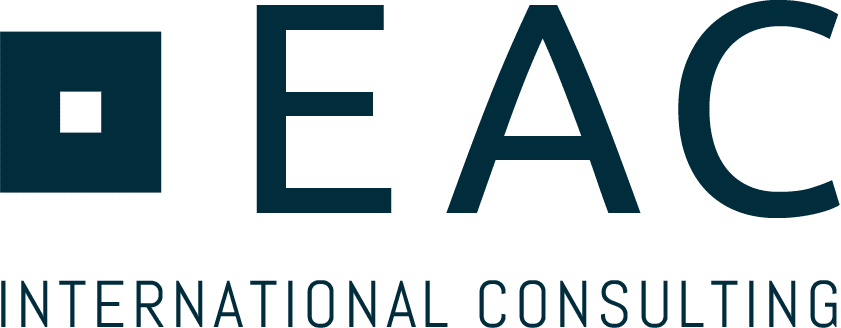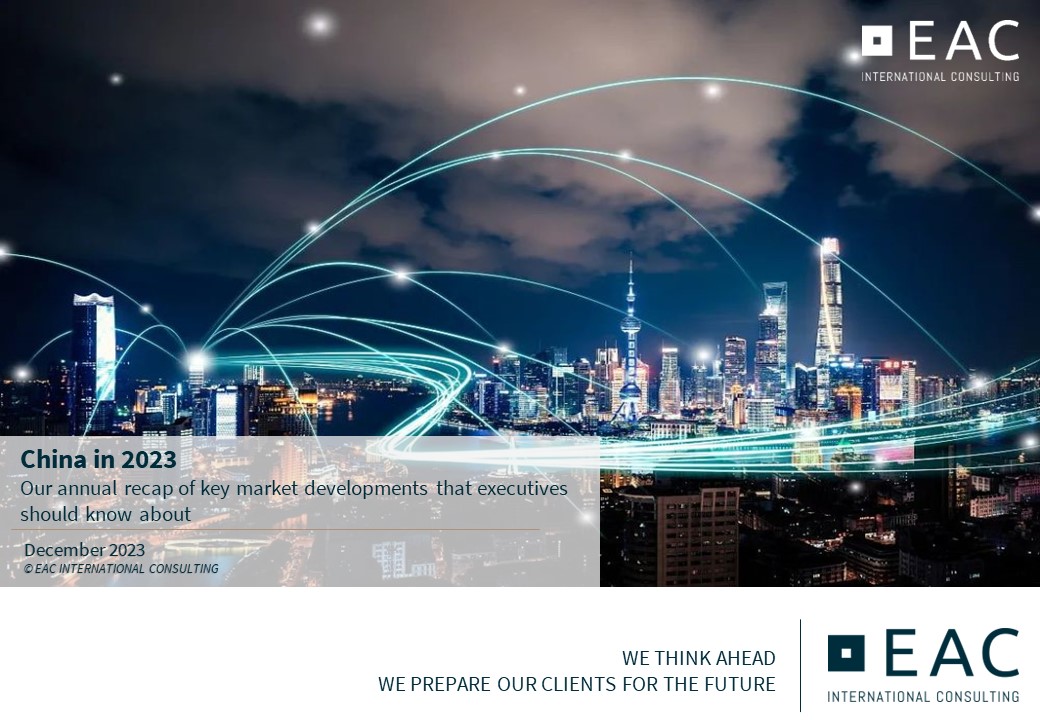Challenges within the German Automotive Network

At the heart of the issue lies a breakdown in the traditionally close-knit partnership between the major automakers and their suppliers. Instances of faulty or delayed components, ranging from brakes to batteries, have resulted in production delays, extensive recalls, and lost revenue. The friction between manufacturers and suppliers has reached unprecedented levels, as evidenced by sharp exchanges between executives and a flurry of public disputes.
One of the key catalysts behind these tensions is the evolving dynamics of automotive production. While traditional projects used to have a planning horizon of five to seven years, new players from instance from the US and China, are setting a faster pace, developing cars in as little as 24 months. This accelerated timeline leaves little room for error, pushing both manufacturers and suppliers to deliver flawlessly on the first attempt. As a result, any disruptions in the supply chain or manufacturing process can have far-reaching consequences, exacerbating existing strains between the parties involved.
Furthermore, the cost pressures within the industry are constriction the leeway. Rising material costs, energy expenses, and labor expenditures are juxtaposed with declining production volumes, creating a challenging environment for suppliers. As automakers strive to maintain profitability amidst these challenges, they often resort to aggressive cost-cutting measures, intensifying the squeeze on suppliers. The resultant imbalance in power dynamics has eroded trust and cooperation, leading to a breakdown in collaborative efforts.
The implications of these tensions extend beyond the boardrooms of automotive giants to the shop floors of suppliers, where thousands of jobs are at risk. Some suppliers are already contemplating substantial layoffs, reflecting the broader uncertainties plaguing the industry. The anticipated job losses not only threaten the livelihoods of employees but also raise concerns about the industry's ability to retain talent and sustain innovation in the long term.
In conclusion, the rising tensions within the German automotive industry underscore the challenges facing both manufacturers and suppliers in an increasingly competitive and volatile market. As cost pressures mount and production timelines shrink, the strain on relationships between industry stakeholders intensifies, jeopardizing the industry's long-standing reputation for innovation and collaboration. Addressing these tensions will require concerted efforts from all parties involved to foster trust, transparency, and cooperation, ensuring the sustainability and resilience of the automotive ecosystem in the face of mounting challenges.
International supply chain networks considering friend- or nearshoring can offer a solution. EAC, with its offices around the globe and 30 years of experience, is the ideal partner to master such challenges. Investments requiring support can contact EAC partners Anna Ahlborn and Uwe Haizmann.





